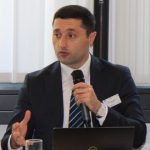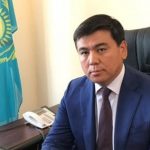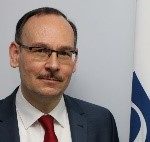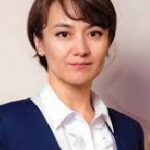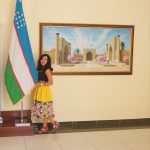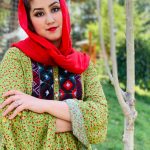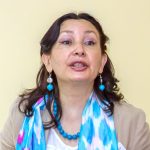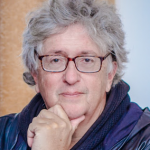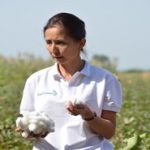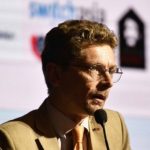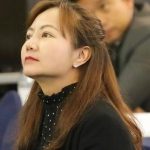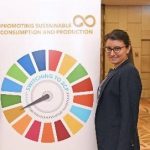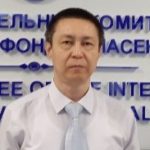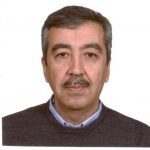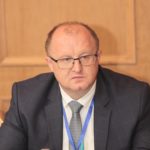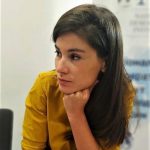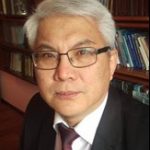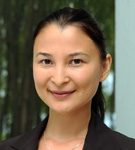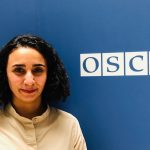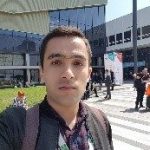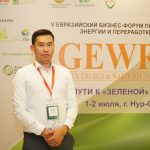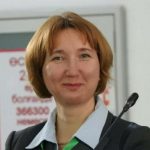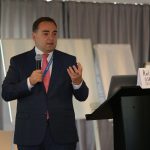CAREC
-
Registration of participants (online)
-
Session 1: Opening ceremony Greetings from organizers, partners and donors Questions for discussion: - Global challenges and opportunities for “Switching to Sustainable Consumption and Production”, in the context of and as a contribution to a robust COVID-19 recovery in the fields of environment, society, and/or economy, according to your organization’s focus. - The role of Sustainable Consumption and Production for development of a Green Economy in Central Asia and Afghanistan. - The role of young leaders of Central Asia in promotion SCP and responding to these global challenges and opportunities
-
Youth Leadership in Central Asia and Afghanistan in the aspect of Sustainable Consumption and Production and recovery from the Crisis of COVID-19 Speeches of CALP Alumni Network Representatives
Coffee break
Representations and Introduction of the participants Innovative format: Online session
Introduction to the agenda of the 12th CALP: The session is designed to introduce participants to the 12th CALP’ agenda and highlight the logic and interconnection of the 12th CALP’ sessions
Lunch
Session 2: Responding to the global and regional challenges of Development of a Green Economy and the Transition towards a Low-carbon, Resource-efficient and Circular Economy The session aims to demonstrate the Initiatives and Activities of international partners in Central Asia
Session 3: Introduction to Sustainable consumption and production (SCP) The session designed to start discussion of Sustainable Consumption and Production: challenges, needs and initiatives in Central Asia
Coffee Break
Session 3: Introduction to SCP The session designed to start discussion of Sustainable Consumption and Production: challenges, needs and initiatives in Central Asia (continuation)
Wrap-up
-
Session 4: Switch Asia Programme to support Sustainable Consumption and Production in South Asia, Southeast Asia and Central Asia
-
Session 4.1: Resource efficiency in Agri-food
-
Session 4.2 Resource efficiency in agriculture production (EU REAP Project): Showcases in Uzbekistan and Tajikistan
-
Session 4.3: Resource efficiency in building sector
-
Session 4.4 Resource efficiency in textile and garments
-
Session 4.5: Resource efficiency in textile RUTSIS grant project
-
Coffee Break
-
Session 4.6: Resource efficiency in sustainable public procurement
-
Session 4.7: Sustainability Communications
-
Lunch
-
Session 5: Regional Programmes towards Green Economy and moving to Circular Economy The session aims to draw attention to initiatives, processes, approaches and examples in the context of Green Economy and moving to Circular Economy in Central Asian countries
-
Coffee Break
-
Session 5: Regional Programmes towards Green Economy and moving to Circular Economy (continuation)
Wrap-up
-
Session 6: CAREC Institution, activities and initiatives for Green Central Asia
-
Session 6.1: Overall CAREC presentation, Overall presentation of Geres; A complementary NGO working on specifics of SCP in Central/High Asia
-
Session 6.2: Climate Information Platform and Regional Dialogues to promote the Green Economy in Central Asia
-
Session 6.3: How WEF NEXUS approach contribute to SCP and Green Economy
-
Coffee Break
-
Session 6.4: How work with environmental conventions promote SCP and Green Economy
-
Discussion
-
Lunch
-
Session 7: Training on use of Central Asian Climate Information Platform (CACIP)
-
Wrap-up
-
Session 8: Integrated approaches in water management for sustainable development of the CA countries
Session 9: Cooperation in transboundary basins
Coffee Break
Session 10: Sustainable water management
Lunch
Session 11: Water Diplomacy: Regional cooperation on water management
Coffee break
Session 12: Women, Water Management and Conflict Prevention
Wrap-up
-
Session 13: Role of Non-Governmental Organizations (NGOs) and Green Business associations to promote Sustainable Consumption and production on local level.
Coffee Break
Session 13: Role of Non-Governmental Organizations (NGOs) to promote Sustainable Consumption and production on local level. (continuation)
Session 13: Role of Non-Governmental Organizations (NGOs) to promote Sustainable Consumption and production on local level. (continuation)
Lunch
Summarizing
Closing Ceremony Online Ceremony of Presenting Certificates of Participation in the 12th CALP Online interview with 12th CALP participants Feedback Online photo-session

